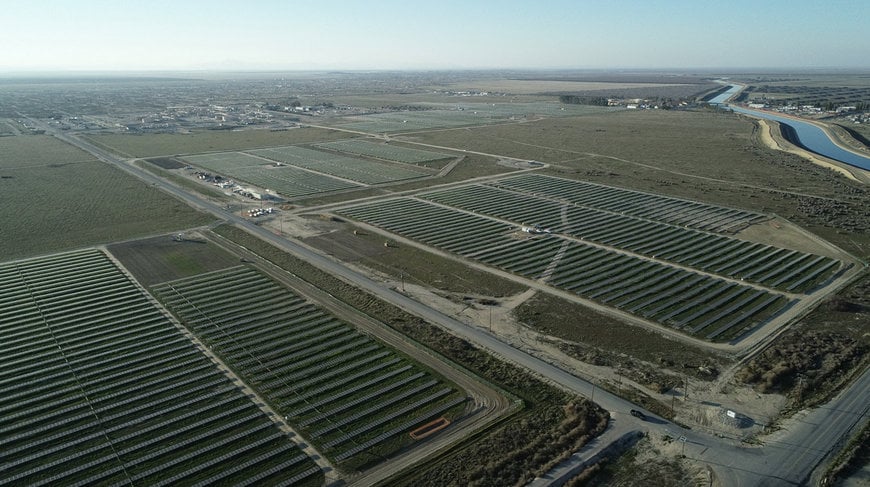www.magazine-industry-usa.com
07
'24
Written on Modified on
CHEVRON ANNOUNCES FIRST SOLAR-TO-HYDROGEN PRODUCTION PROJECT IN CALIFORNIA’S CENTRAL VALLEY
The project aims to create lower carbon energy by utilizing solar power, land, and non-potable produced water from Chevron’s existing assets at the Lost Hills Oil Field in Kern County.

The 220-acre solar field at Lost Hills will produce lower carbon hydrogen and power the existing oil and gas facility.
Chevron New Energies, a division of Chevron U.S.A. Inc., announced it is developing a 5-megawatt hydrogen production project in California’s Central Valley. This low carbon intensity (LCI) electrolytic hydrogen will be produced through electrolysis, which is the process of using electricity to split water into hydrogen and oxygen.
Chevron’s strategy is to leverage its strengths to safely deliver lower carbon energy to a growing world. Chevron believes in the value of delivering large-scale hydrogen solutions that support a lower-carbon world. The facility is designed to produce two tons of LCI hydrogen per day, with the goal of supporting an expanding hydrogen refueling network.
The development of the project is expected to span multiple years, and the start of commercial operations will depend on several factors including flexible and supportive legislative and regulatory energy policies, final engineering design, timely permitting, and obtaining the necessary materials.
Chevron New Energies, a division of Chevron U.S.A. Inc., announced it is developing a 5-megawatt hydrogen production project in California’s Central Valley. This low carbon intensity (LCI) electrolytic hydrogen will be produced through electrolysis, which is the process of using electricity to split water into hydrogen and oxygen.
Chevron’s strategy is to leverage its strengths to safely deliver lower carbon energy to a growing world. Chevron believes in the value of delivering large-scale hydrogen solutions that support a lower-carbon world. The facility is designed to produce two tons of LCI hydrogen per day, with the goal of supporting an expanding hydrogen refueling network.
The development of the project is expected to span multiple years, and the start of commercial operations will depend on several factors including flexible and supportive legislative and regulatory energy policies, final engineering design, timely permitting, and obtaining the necessary materials.
www.chevron.com

